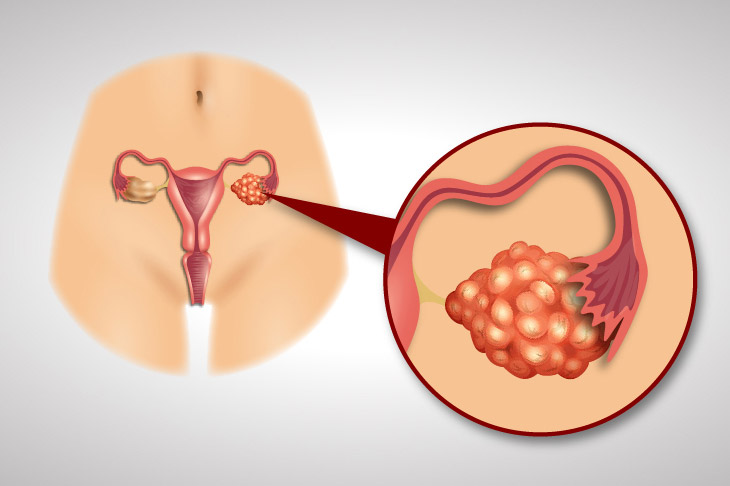POLYCISTIC OVARY SYNDROME (PCOS)

WHAT IS POLYCYSTIC OVARY SYNDROME?
Polycystic Ovary Syndrome (PCOS) is a widespread multifactorial problem that affects about 5-10% of women and that originates already in pubertal age, although women are generally diagnosed with it in their twenties to reduce the possibility of misdiagnosis.
To be evaluated for PCOS, the woman must exhibit at least 2 of the following characteristics:
- Ovarian polycystosis (PCO), ie the presence of numerous cysts in the ovaries
- Hyperandrogenism, which is a high level of male hormones (androgens)
- Irregular or absent menstrual cycle
PCOS: ORIGIN AND CONSEQUENCES
The causes that give rise to Polycystic Ovary Syndrome have not yet been fully clarified, however, it is now certain that the presence of a high level of male hormones (hyperandorgenism) is at the basis of the disease. This condition is certainly responsible for the typical aesthetic problems of PCOS, namely hirsutism (increase in hair, especially on the face and armpits), acne and alopecia (hair loss).
One of the most felt effects in women with PCOS is the presence of irregular menstrual cycles, a condition that can often be associated with fertility problems.
Furthermore, most women suffering from PCOS show an additional irregularity linked to metabolic issues. In these subjects, in fact, the cardiovascular risk increases due to insulin resistance, a factor that seems to increase hyperandrogenism. In these subjects, a vicious circle is therefore triggered whereby insulin resistance increases hyperandrogenism, which in turn increases insulin resistance.
HOW TO BREAK THE VICIOUS CIRCLE?
The therapies detected for polycystic ovary focus on one of following two strategis: reduction of hyperandrongenism, or reduction of insulin resistance to block the vicious circle that otherwise determines the increase in male hormones with cycle irregularities.
The first strategy provides for the use of contraceptive pill, which of course cannot be indicated in women who are planning to become pregnant and must take into account possible side effects and increased risk for cardiovascular diseases.
The second strategy procedure, on the other hand, is considered as more viable when metabolic parameters (insulin, cholesterol and triglycerides above all) are altered as it the use of products that normalize these parameters and consequently reduce the risk for cardiovascular diseases, thus breaking the vicious circle that binds insulin-resistance to the increase of male hormones.
In the light of this second approach, the scientific research shows that berberine may have an important impact in the management of PCOS. Clinical studies confirm that, by regulating glucose and lipid parameters with berberine, it is possible to obtain an improvement in insulin resistance, favoring the regularization of the menstrual cycle and a reduction of the risk in these women.
